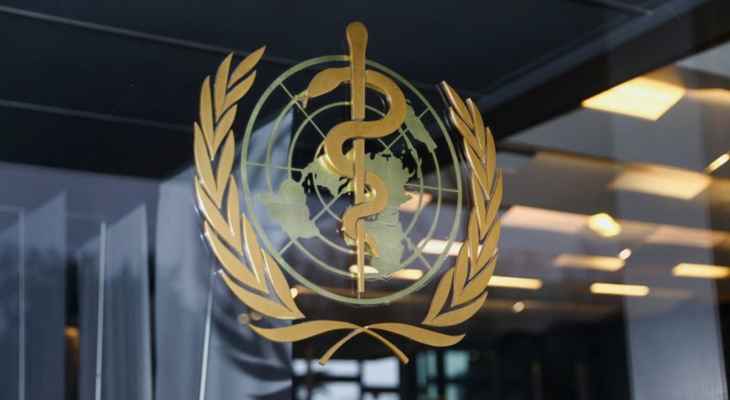The World Health Organization no longer recommends two antibody therapies for COVID-19 on the grounds that they are likely no longer effective due to the Omicron MERS-CoV strain and its most recent submutants.
Two drugs designed to bind to the SARS-CoV-2 skeletal protein to neutralize the virus’s ability to infect cells were among the first drugs developed early in the pandemic.
But the virus has evolved since then, and a growing body of lab test data indicates that the efficacy of the two treatments, sotrophimab and cerifimab-imdivimab, is limited in the face of recent virus mutations. As a result, the US health regulator also excluded them.
Experts from the World Health Organization said they strongly recommended not to use them to treat people with Covid-19, overturning previous conditional recommendations as part of a set of new recommendations published by the British Medical Journal.
The U.S. Food and Drug Administration recalled sotrophimab, which is manufactured by GlaxoSmithKline and its partner Ver Biotechnology, from the local market in April. The drug reached billions of dollars in sales and became one of the best-selling drugs produced by British companies last year.
The antibody combination caterifimab-imdivimab, made by Regeneron and its partner Roche, also generated billions of dollars in sales and became the top-selling drug in the US last year.
The FDA revised its stance on the treatment in January and limited its use to a small group of patients, citing diminishing efficacy compared to the Omicron variant.
The European Medicines Regulatory Authority continues to recommend both treatments.
Source: El Nashra
